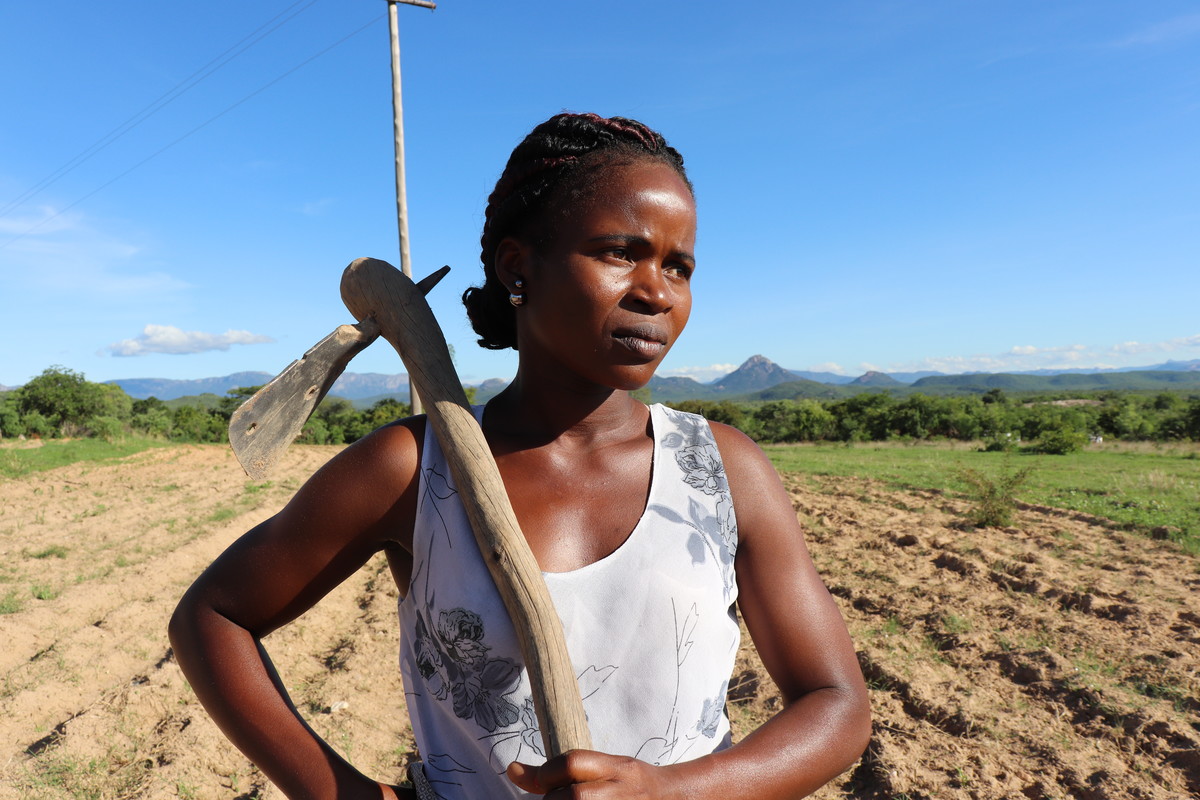
Land Rights
Land is life. ActionAid is fighting for land rights and supporting women, Indigenous peoples, and other marginalized groups to increase their access to and control of land.
Latest on Land Rights
News & Updates
Advocacy & Insights
Impact Stories
Reports & Publications
Climate Justice
Economic Justice
Emergency Response
Humanitarian Emergencies
Land Rights
Politics & Economics
Right to Food and Agriculture
Women’s Rights
Africa
Americas
Asia & Pacific
Europe
Middle East
There has been an error